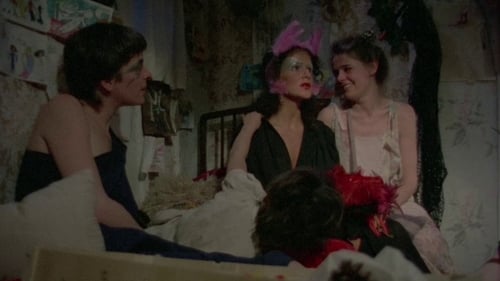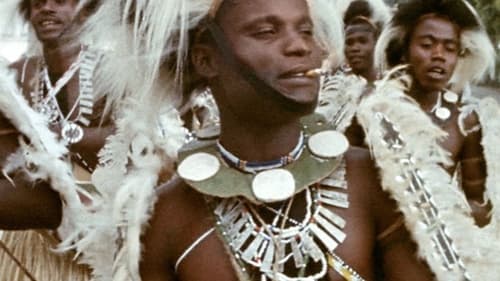
Sound

Sound
The film revolves around four female friends (Amina, Safynaz, Shahenda and Wedad) from Egypt with opposing religious, social, and political views in modern day Egypt. The four women listen to one another's views and argue openly, without ever breaking the bond that unites them.

Sound Recordist
On a wedding day, women are confined to the kitchen to prepare the meal while the men wait to be served. While men talk politics and sports, women talk about their condition. A teenager observes the gap between the sexes. Co-directed by two actresses, Paule Baillargeon and Frederique Collin, The Red Kitchen is the birth of the Quebec women's cinema. The birth of the film was difficult, and funding has been largely achieved through donations from friends and a benefit concert. This war of the sexes takes place in a demanding formal research, based on the improvisation of the actors, whose preparation took place over long sessions in the workshop. The end result mixes black humour, horror and a very expressive fantasy that gave rise to heated debates.

Sound Recordist
Five men work together in a communal effort to build a skiff on Ile-aux-Coudres, an island in the St. Lawrence River. It is built in a traditional fashion, all the more remarkable because no blueprint is used. The film does not merely record a building tradition, it reveals the character of the craftsmen, who are influenced by a pre-industrial way of life underscored by spontaneity and wit.

Sound

Sound
This film is about the Moroccan Jews who have come to Québec since 1956. It explodes the myth of Jewish unity, showing the Moroccans caught between the Ashkenazy Jews, English-speaking and long established, and the French-speaking Québécois. The film asks whether the Sephardic Jew can be Jewish and Québécois at the same time.

Sound Recordist
An incident from the early days of Québec's quiet revolution, tailor-made for the cartoonist. It is the story of a Montréal commuter train, a unilingual ticket collector and a bilingual passenger. The passenger appears on screen himself to describe his bid to have tickets requested in French as well as in English. What ensued, and how even the railway president became involved, is illustrated with wit and humor.

Sound
"This documentary depicts a canoe being built in the traditional manner. Cesar Newashish, a 67-year-old Attikamek of the Manawan Reserve North of Montréal, uses only birchbark, cedar splints, spruce roots, and gum. With a sure hand he works methodically to fashion a craft unsurpassed in function or beauty of design. Building a canoe solely from the materials that the forest provides may become a lost art, even among the Native Peoples whose traditional craft it is. The film is free of spoken commentary but text appears on the screen in Cree, French, and English." - Anthology Film Archives

Sound
In the late 1960s, with the triumph of bilingualism and biculturalism, New Brunswick's Université de Moncton became the setting for the awakening of Acadian nationalism after centuries of defeatism and resignation. Although 40% of the province's population spoke French, they had been unable to make their voices heard. The movement started with students-sit-ins, demonstrations against Parliament, run-ins with the police - and soon spread to a majority of Acadians. The film captures the behind-the-scenes action and the students' determination to bring about change. An invaluable document of the rebirth of a people.

Sound
Essay-film on a crucial issue: the notion of belonging to a country. Lingered sentimentalism or deep psychological reality if one believes it is rooted in the heart of man? The action here takes place in the context of a nation that seeks: the French Canadians, and other people without a country: the Indians of Quebec, the Bretons of France. And here is the fundamental question posed: what are the "viable" peoples whose "maturity" allows them to "give" the autonomy and territory? And what is the environment that people can call "their country"?

Sound
Festival panafricain d'Alger is a documentary by William Klein of the music and dance festival held 40 years ago in the streets and in venues all across Algiers. Klein follows the preparations, the rehearsals, the concerts… He blends images of interviews made to writers and advocates of the freedom movements with stock images, thus allowing him to touch on such matters as colonialism, neocolonialism, colonial exploitation, the struggles and battles of the revolutionary movements for Independence.

Sound
From the lower St. Lawrence, a picture of whale hunting that looks more like a round-up, with a corral, whale-boys and all. In 1534, when he stopped at the island he named l'Île-aux-Coudres, Jacques Cartier saw how the Indians captured the little white beluga whales by setting a fence of saplings into off-shore mud. In the film, the islanders show that the old method still works, thanks to the trusting 'sea-pigs,' the same old tide, and a little magic.









